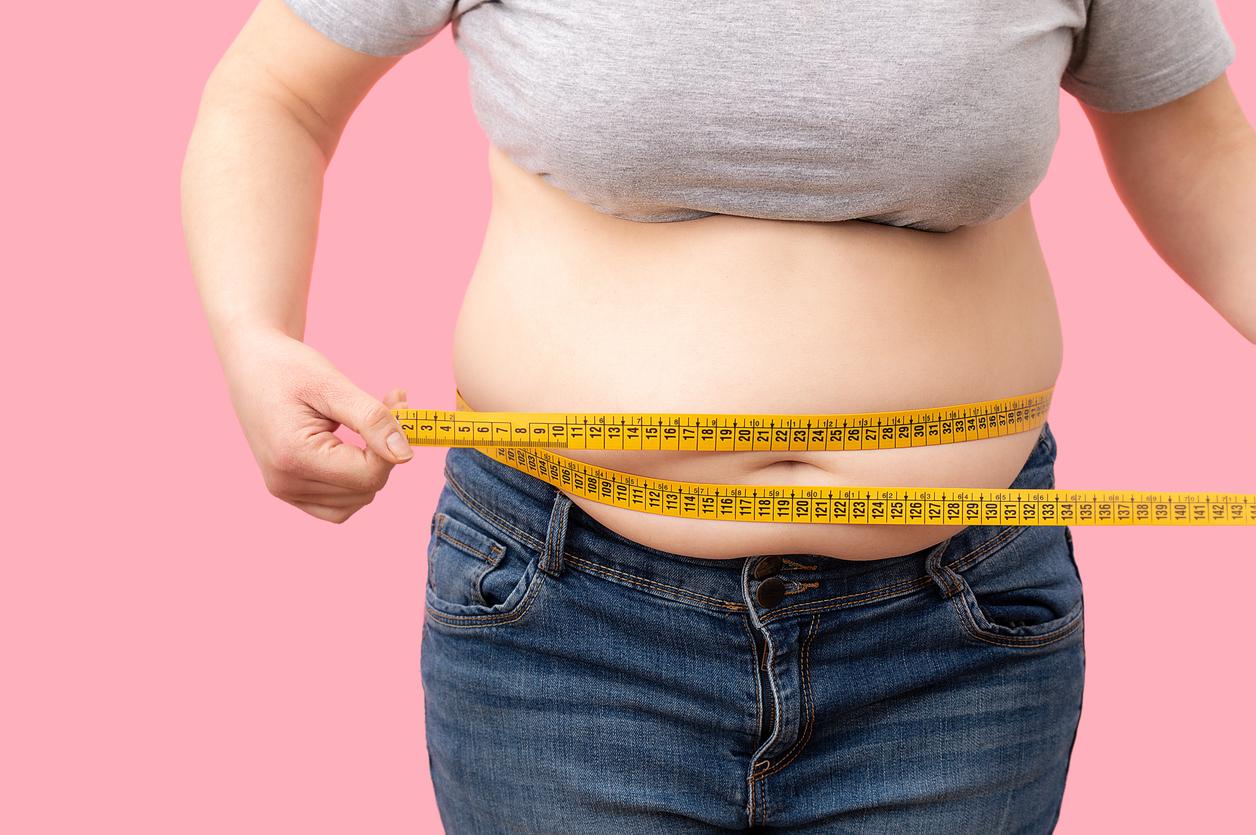Obese people who diet and log their physical activity lose 2 kilos more than those who use a smartwatch.

Count your steps, measure the distance traveled during the day, follow the number of calories burned … In a few years, connected objects have established themselves as essential tools for weight loss. But according to an American study published this week in the journal JAMA, these trackers are unnecessary. Worse, they would ruin the efforts of obese people on dieting.
To reach this conclusion, a research team from the University of Pittsburgh (United States) followed 470 overweight or obese adults aged 18 to 35 for 24 months, of which three-quarters were women.
During the first 6 months of the experiment, all volunteers received dietary advice and followed a low-calorie diet as well as a physical activity program. The researchers also asked them to record their daily diet and physical exercises in a notebook.
At the end of these 6 months, they were divided into two groups: one wearing a smartwatch to record his physical activity and the other continued to follow his diet using the diary.

Two kilos of difference
At the end of the 2 years of diet, the group not wearing trackers lost 2 times more weight than the other group (5.9 kg lost on average against 3.5 kg). However, all of the participants experienced reduced body fat, improved physical fitness, and were successful in making long-term dietary changes.
For the authors of this study, the results show that using connected objects as part of a diet does not bring any benefit, which confirms the effectiveness of the standard programs used by dieticians and nutritionists.
.

















